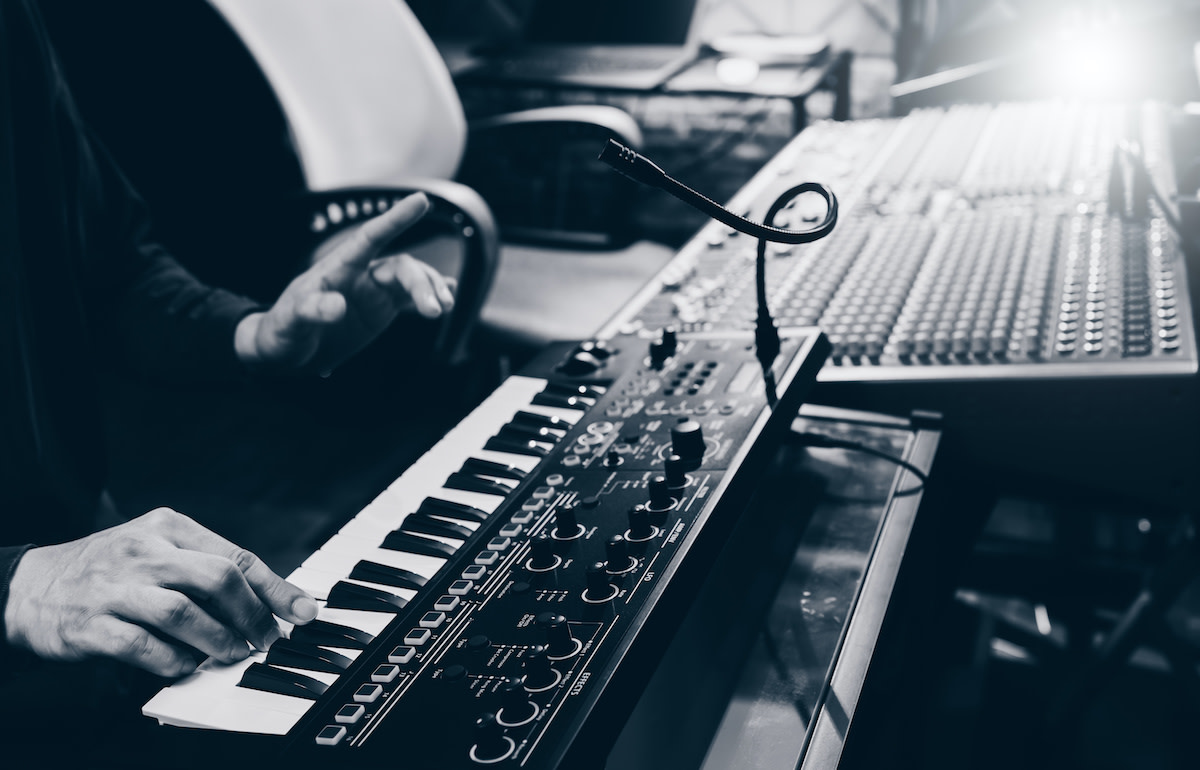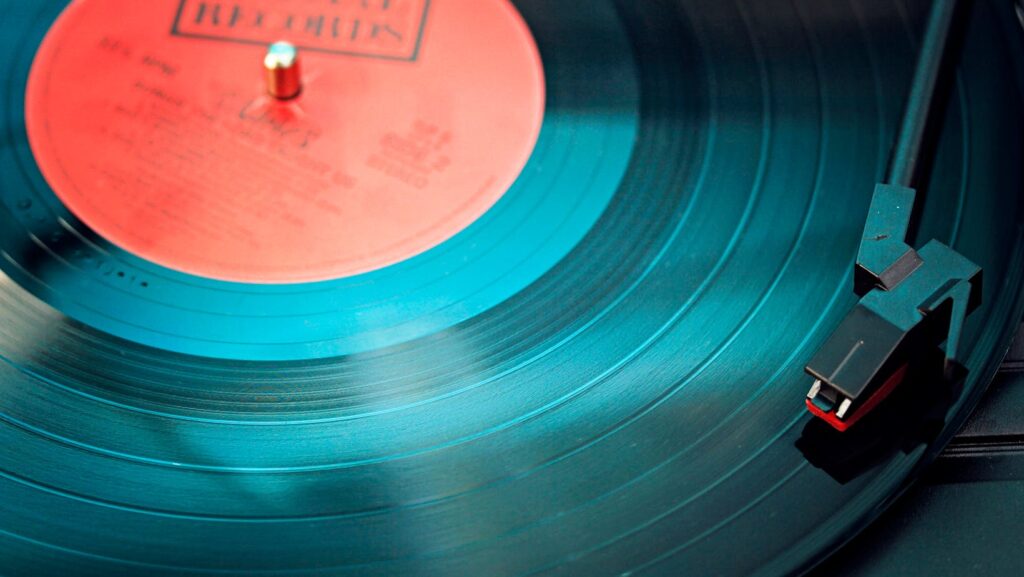Self-care has become more than just a wellness buzzword—it’s a necessity for managing the demands of modern life. While many people think of self-care as spa days or meditation retreats, sustainable self-care involves daily practices that fit seamlessly into busy schedules.
Music as a stress reliever represents one of the most accessible and effective self-care tools available, backed by decades of scientific research and used by millions worldwide to manage stress and improve mental health.
The Science Behind Music as a Stress Reliever
Music affects your brain and body in measurable, powerful ways. When you listen to music to relieve stress and anxiety, multiple physiological changes occur simultaneously.
Research shows that listening to calming music reduces cortisol levels—the primary stress hormone your body produces during anxious states. Studies have documented cortisol reductions of 25-30% after just 30 minutes of listening to relaxing music. This isn’t just feeling better; it’s an actual biochemical change happening in your body.
Music also influences neurotransmitter production. Listening to music you enjoy increases dopamine and serotonin—chemicals associated with pleasure and mood regulation—while reducing norepinephrine and adrenaline that drive anxiety responses. This neurochemical shift creates the calm, centered feeling you experience when stress-relieving music works effectively.
Why Music Belongs in Your Self-Care Routine
Accessibility and Convenience
Unlike many self-care practices requiring specific locations, equipment, or time commitments, music as a stress reliever fits anywhere, anytime. You can listen while commuting, working, exercising, cooking, or winding down before bed. This accessibility makes consistency easier, the biggest challenge with most self-care routines.
You don’t need special skills, training, or even much conscious effort. Put on headphones, select appropriate music, and let it work while you go about your activities. This passive nature means music as a stress reliever doesn’t compete with other demands on your time and attention.
Immediate and Cumulative Benefits
Music provides both instant relief during stressful moments and long-term benefits with regular use. When anxiety spikes, the right music can calm your nervous system within minutes. Over time, regular listening to stress-relieving music builds greater emotional resilience and reduces baseline stress levels.
This dual action—immediate and cumulative—makes music uniquely valuable compared to stress management techniques that work primarily in one timeframe or the other.
Cost-Effective Wellness
Many effective self-care practices come with significant costs. Therapy sessions, spa treatments, fitness classes, and wellness retreats deliver benefits but require substantial financial investment. Music as a stress reliever costs little beyond streaming service subscriptions or purchasing preferred music.
This affordability removes barriers that prevent many people from maintaining consistent self-care practices. You get proven stress reduction without ongoing expenses that might strain budgets.

No Side Effects
Unlike stress medications that can cause drowsiness, dependency, or other side effects, music as a stress reliever works with your body’s natural systems. There’s no risk of tolerance, withdrawal, or adverse reactions. You can use it as often as needed without concern about negative consequences.
Types of Music Most Effective for Stress Relief
- Not all music reduces stress equally. While personal preference matters, certain characteristics consistently promote relaxation:
- Classical music: Particularly baroque and adagio movements with their slow tempo and predictable structure. Studies frequently use classical music in stress reduction research because of its reliable calming effects.
- Nature sounds: Ocean waves, rainfall, forest ambiance, and similar natural soundscapes activate relaxation responses. Many people find these sounds particularly effective for music to relieve stress and anxiety because they create psychological associations with peaceful environments.
- Ambient and downtempo electronic: Modern instrumental music designed specifically for relaxation often incorporates binaural beats, specific frequencies, and carefully composed sound patterns optimized for stress reduction.
- Slow tempo music: Regardless of genre, music around 60-80 beats per minute tends to synchronize with a relaxed heart rate, promoting physiological calm. Faster tempos can increase arousal rather than reduce it.
- Instrumental over lyrical: Music without lyrics or with simple, repetitive lyrics works better for stress relief than complex lyrical content that engages analytical thinking and potentially triggers emotional responses unrelated to relaxation.
How to Incorporate Music as a Stress Reliever Into Daily Life
Morning Routine
Start your day with calming music during breakfast or your commute. This sets a relaxed tone before work demands begin, creating a buffer against rushing into stress. Even 10-15 minutes of stress-relieving music in the morning can improve how you handle challenges throughout the day.
Work Breaks
Use music strategically during work breaks to reset your nervous system. Rather than scrolling social media or checking emails during breaks—activities that often increase stress—listen to relaxing music. This allows genuine recovery that improves afternoon productivity and mental clarity.
Exercise Enhancement
Pair music with physical activity for compounded stress relief benefits. While high-energy music might work for intense workouts, stress-relieving music during yoga, stretching, or walking enhances the calming effects of gentle movement.
Evening Wind-Down
Create a pre-sleep routine incorporating music to relieve stress and anxiety. Listening to calming music 30-60 minutes before bed helps transition your nervous system into rest mode, improving both the speed of falling asleep and sleep quality throughout the night.
Stress First Aid
Keep stress-relieving music readily accessible for moments when anxiety spikes unexpectedly. Whether facing a difficult conversation, feeling overwhelmed by deadlines, or dealing with unexpected challenges, having your calming music playlist immediately available provides rapid stress intervention.
Maximizing the Benefits of Music as a Stress Reliever
Create Dedicated Playlists
Build specific playlists for different situations—one for morning calm, another for work focus with stress reduction, and a third for sleep preparation. Having pre-selected music removes decision-making when you’re already stressed.
Curate these playlists intentionally, choosing music you’ve verified actually produces calming effects rather than just music you like. Sometimes, energizing music you enjoy doesn’t serve stress relief purposes.
Use Quality Headphones
Sound quality matters for stress relief. Distorted audio or uncomfortable headphones can create irritation that undermines relaxation benefits. Invest in comfortable headphones or earbuds that deliver clear, pleasant sound.
Combine with Other Self-Care Practices
Music as a stress reliever works even better when paired with complementary practices:
- Deep breathing exercises synchronized with the music tempo
- Progressive muscle relaxation while listening
- Gentle stretching or yoga with musical accompaniment
- Journaling or creative activities with calming background music
These combinations engage multiple stress-reduction pathways simultaneously, producing stronger effects than music alone.
Be Consistent
Like most self-care practices, consistency amplifies benefits. Regular use of music to relieve stress and anxiety builds greater stress resilience over time. Your nervous system begins recognizing certain music as signals to relax, strengthening the relaxation response through conditioning.
Enhancing Music’s Stress Relief with Vagus Nerve Stimulation
While music as a stress reliever provides significant benefits, combining it with vagus nerve stimulation creates even more powerful effects. The vagus nerve is your body’s primary pathway for parasympathetic nervous system activation—the biological system responsible for the “rest and digest” mode that counteracts stress.
Introducing Hoolest Pro: Music Meets Neuroscience
Hoolest Pro represents an innovation that merges these approaches—headphones that integrate science-backed vagus nerve stimulation with music listening. While you enjoy stress-relieving music, the device delivers targeted stimulation that immediately reactivates your vagus nerve for relaxation.
This dual-action approach addresses stress through multiple pathways simultaneously. Music engages emotional and cognitive brain centers, providing psychological stress relief. Vagus nerve stimulation directly activates physiological relaxation responses, reducing cortisol, calming excessive glutamate activity, and enhancing GABAergic function.
The device sits on your desk, always accessible whenever stress is felt. Unlike meditation apps that require focus or supplements that take weeks to work, Hoolest Pro provides immediate relief the moment you put on the headphones.
Why Hoolest Pro Transforms Music as a Stress Reliever
The combination works faster and more effectively than music alone, providing immediate parasympathetic activation that reverses stress effects at both psychological and physiological levels. Traditional music listening might reduce stress by 20-30%, but when combined with vagus nerve stimulation through Hoolest Pro, many users experience significantly greater relief.
The technology is designed for real-world use in high-stress environments. Whether you’re working through demanding projects, managing back-to-back meetings, or simply feeling the weight of daily pressures, Hoolest Pro sits ready to provide non-disruptive stress relief. You can use it while working, during breaks, or any time anxiety begins to build.
Making Music Central to Your Wellness
Music as a stress reliever deserves a prominent place in any comprehensive self-care plan. Its accessibility, effectiveness, affordability, and ease of use make it ideal for modern life’s demands. Whether used independently or enhanced through technology like vagus nerve stimulation, music provides reliable stress reduction that supports both immediate calm and long-term resilience.
The question isn’t whether music can help manage stress—decades of research confirm it can. The question is whether you’ll make it a consistent part of your self-care routine. With minimal barriers and maximum benefits, there’s little reason not to harness music’s stress-relieving power as a cornerstone of your personal wellness practice.
